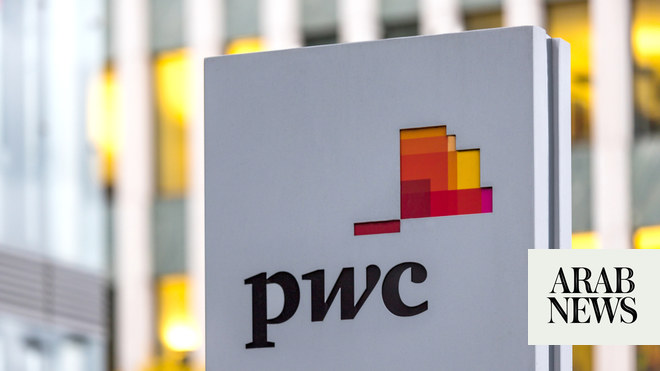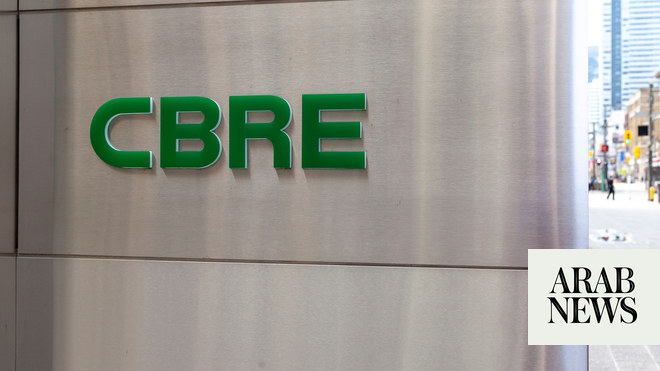
The Taiwanese company — a trail-blazer in the Android space in particular, thanks to devices such as the HTC Desire and HTC Evo from 2010 — is cutting a further 1,500 manufacturing jobs
This week’s job cuts announcement, which will be implemented by the end of the third quarter, follows the sale of much of the company’s smartphone design division
HTC is hoping the virtual reality market could offer hope for growth in the Middle East as the smartphone pioneer is forced to shed thousands of jobs globally.
The Taiwanese company — a trail-blazer in the Android space in particular, thanks to devices such as the HTC Desire and HTC Evo from 2010 — is cutting a further 1,500 manufacturing jobs, equivalent to around a fifth of its workforce, with its current smartphone range largely overlooked by consumers.
“In the Middle East region HTC as a brand has not done well despite (producing) good phones,” Nabila Popal, a senior research manager for IDC in Dubai, told Arab News.
This week’s job cuts announcement, which will be implemented by the end of the third quarter, follows the sale of much of the company’s smartphone design division (including the transfer of 2,000 engineers) to Google in a $1.1 billion deal.
The company described the reduction in its manufacturing workforce as “a decisive step in the realignment of resources across the organization, and will allow more flexible operations management.”
HTC shares hit fresh lows this week with the company’s stock having shed three quarters of its value over the past five years.
Founded in 1997, HTC was one of the earliest smartphone manufacturers, initially for other companies but subsequently under its own brand. The company was among the first to introduce touchscreen devices, and thrived alongside BlackBerry-maker Research in Motion as smartphone ownership began to rise in the early 2000s.
But despite gaining a 10 percent market share in the global smartphone market in 2011, the company had little answer to the rise of Apple’s iPhone and Samsung’s Galaxy range, with its brand gradually falling out of favor in the Middle East and beyond.
“On the smartphone side, they really haven’t invested in any strong marketing or branding initiatives to build a high end brand image which this region is big on,” said Popal.
In the GCC, HTC smartphones accounted for a small percentage of total sales in the first quarter, according to IDC.
Already on the back foot, the company has been swept aside by the dramatic rise of Chinese brands Huawei, Xiaomi and Oppo, which together account for a fifth of global smartphone shipments, according to IDC data.
Faced with such declines, HTC has pivoted toward virtual reality (VR), with the unveiling of its Vive VR headset in 2015, in collaboration with US video game developer Valve.
Such a move comes amid bullish forecasts for the sector, in comparison with the increasingly saturated global smartphone market.
Around 121 million VR and augmented reality headsets and glasses worth $9.9 billion are expected to be sold in 2022, up from 22 million this year, according to forecasts from research firm CCS Insight.
Dedicated VR headsets, such as HTC’s Vive range, are forecast to account for 63 percent of that value, according to CCS.
“On the VR front with the Vive, HTC are doing well and associated with interesting partnerships,” said Popal.
After a slow start VR is becoming increasingly popular within the Gulf, according to Abbas Jaffar Ali, editor of TechRadar Middle East.
“There’s actually been a good push in the UAE for VR from a commercial point of view,” he told Arab News.
“For example, Dubai Mall has opened up a VR Park, and the Burj Khalifa has an installation at the top for a “Mission Impossible” kind of experience where you play an agent with you jumping off the top of the tower in one of the sequences.”
“HTC is the prominent player here pushing for it.”












